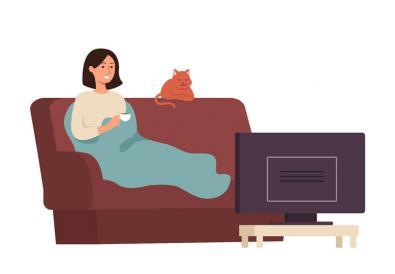Your alarm goes off and you slam the snooze button. Repeatedly. By the time afternoon hits, it’s all you can do to keep your eyes open and your brain focused. You just need a coffee, right? Not so fast. Stress, dehydration, a poor diet and lack of exercise could all be contributing to your low energy, leaving you not just sleepy, but with muscle weakness, mood swings and decreased alertness. Here are some tips to get you recharged in no time.
1. Get regular exercise
Exercise increases blood flow, carrying oxygen to your muscles and improving your energy. A 2008 study at the University of Georgia found that subjects with chronic fatigue experienced a 20 percent increase in energy when they undertook an exercise program. However, too much strenuous exercise can also exhaust your muscles”and you. If your routine is leaving you more tired than energized, try toning down the intensity for a few days.
2. Drink more water
Dehydration throws the body’s water balance out of whack, causing you to hit the wall. Be sure to drink eight glasses of water each day, and don’t just drink when you’re thirsty”by the time your brain realizes you’re thirsty, your body is already significantly dehydrated. Instead, sip throughout the day to ensure a consistent level of hydration.
3. Snack wisely
Although it’s tempting to reach for a sugary snack or cup of coffee when your energy plummets, resist the urge. Sugar and caffeine may give a quick boost, but afterwards, your body will crash. Instead, eat snacks made of complex carbohydrates (such as whole grains and fruit) and healthy fats and protein. The carbs will give you energy, while the fat and protein will slow digestion, leaving you energized longer. Try fruit and yogurt, trail mix with nuts or a whole wheat pita with hummus.
4. Catch some Zs
Get seven to eight hours of sleep every night, and try to go to bed and wake up at the same time each day. If insomnia keeps you tossing and turning, try an evening ritual to wind down. Meditation, reading or listening to mellow music can all tell your body it’s time for bed. Also avoid caffeine, large meals and exercising late in the evening, as these will keep your body running when it should be resting.
Sometimes low energy can signify a more serious medical condition, such as anemia, a thyroid disorder, sleep disorder or vitamin deficiency. If you find you’re still tired no matter how much sleep you get, if your fatigue is accompanied by depression or anxiety, or if you’re prone to sickness and infections, see a doctor.












